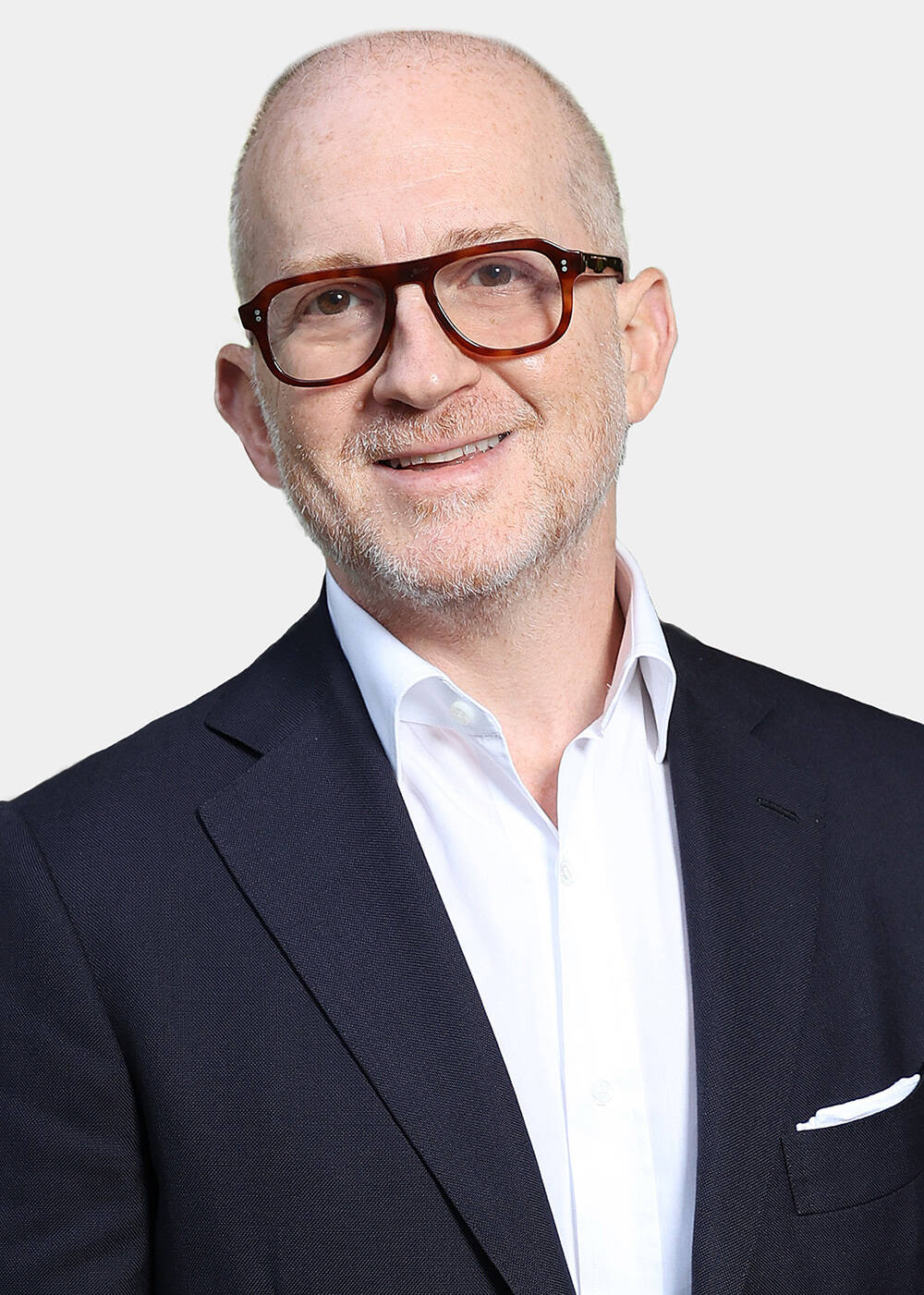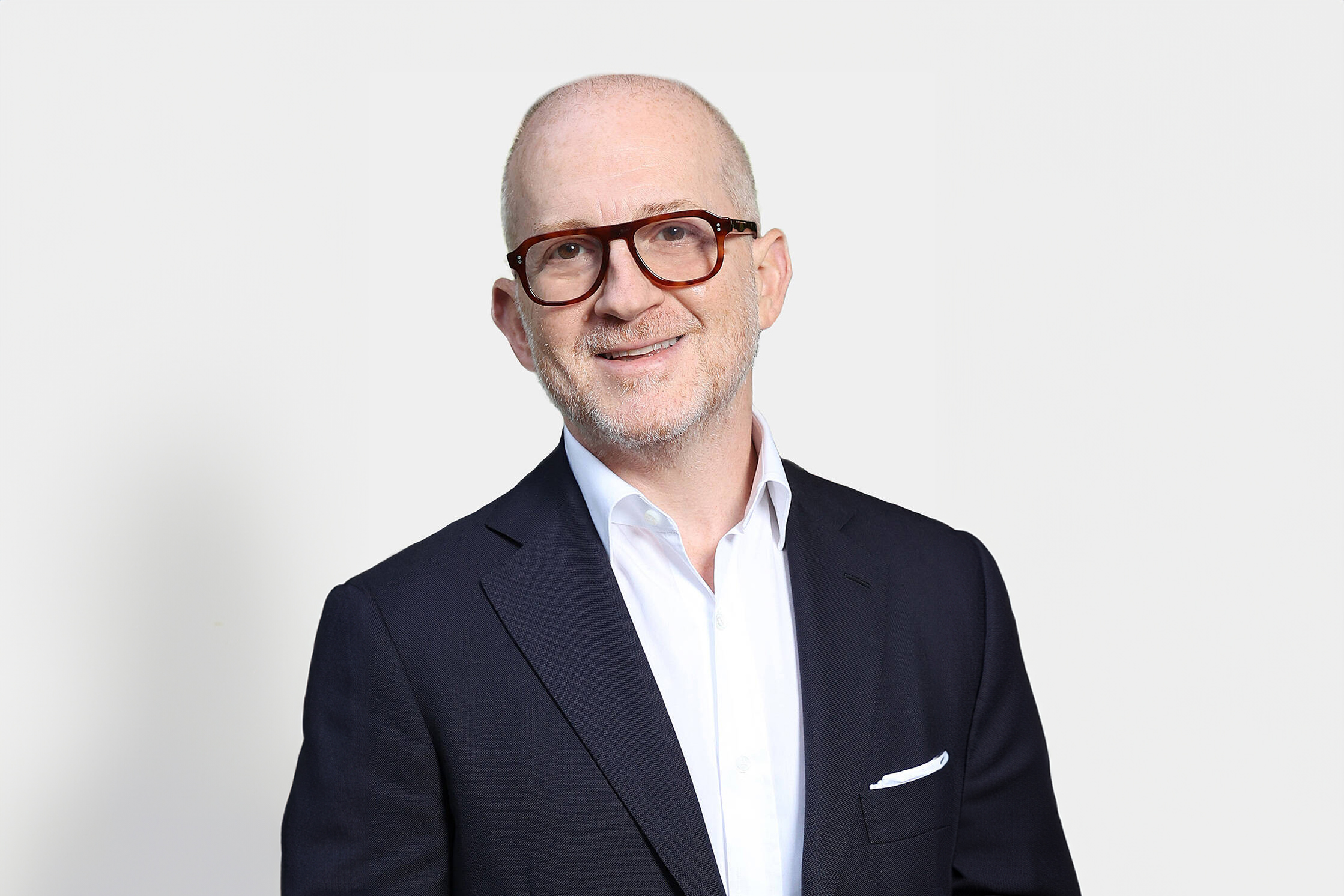The New Top Exec Takes Over From Jonathan Akeroyd as the Company Continues to Face Disappointing Sales
Burberry has announced the appointment of Joshua Schulman as CEO. Schulman takes over from Jonathan Akeroyd, whose departure from the company is immediate and agreed upon with the board.
At 52, Schulman is respected for his track record of driving “transformative growth and value creation as CEO of global luxury, fashion, and retail businesses,” Burberry stated. The brand, which is currently dealing with a luxury sales slowdown and is trying to situate itself at a higher end of the market, is optimistic about the leadership change.
Prior to his new role, Schulman held CEO positions at Michael Kors and Coach. Additionally, he served as the Brand President at these companies. He also contributed to the Neiman Marcus Group as the president of Bergdorf Goodman for five years.
His leadership roles in fashion extend further back, having been CEO at Jimmy Choo in London between 2007 and 2012. Schulman had also worked at Yves Saint Laurent as the Worldwide Merchandising and Sales Executive Vice President and was the Worldwide Director for Women’s Ready To Wear at Gucci.
Schulman’s tenure at Burberry will start on July 17. Burberry’s executive committee will be led by Schulman, who will also answer to Burberry Chair Gerry Murphy and the board of directors from the company’s headquarters.
Chairman Murphy expressed his satisfaction over Schulman’s appointment, stating, “I am pleased that Josh will be joining Burberry as our new CEO. Josh is a proven leader with an outstanding record of building global luxury brands and driving profitable growth. He has a strong understanding of our brand and shares our ambition to build on Burberry’s unique creative heritage. His extensive experience in luxury and fashion will be key to realising Burberry’s full potential.”

Schulman expressed his gratitude for the opportunity, saying, “I am deeply honored to join Burberry as CEO. Burberry is an extraordinary luxury brand, quintessentially British, equal parts heritage and innovation. Its original purpose to protect people from the weather is more relevant than ever. I look forward to working alongside Daniel Lee and the talented teams to drive global growth, delight our customers, and write the next chapter of the Burberry story.”
The announcement of Schulman’s appointment arrives in tandem with more news of the brand’s financial struggles for the first quarter of the year. According to the report, Burberry has faced a 22% reduction in retail revenue, accounting for a total of 458 million pounds, marking a 20% decrease at a constant exchange rate.
The Q1 statistics also showed a 21% decline in comparable store sales in the three months leading up to June 29. This is a significant change from last year’s Q1 report, which showed an increase of 18% during the same period.
Murphy described the quarter as “disappointing.” He stated that if the current luxury retail demand remains weak into Q2, Burberry will be facing an operating loss in the first half. Another measure taken in light of lackluster sales was the suspension of the company’s dividend payments.
Murphy also pointed out that Schulman’s appointment is part of a wider strategic shift for the brand, which has been grappling to reposition itself in the higher end of the market. He stated that Burberry was taking “decisive action” to recalibrate and appeal “more familiar to Burberry’s core customers while delivering relevant newness.”
This new strategy aims to introduce a “broader, everyday luxury” collection and a more comprehensive assortment in key categories. It plans to emphasize the “timeless, classic attributes that Burberry is known for.” In line with this new direction, an outerwear campaign is planned for global launch in October.
In efforts to boost online customer conversion, Burberry intended to curate a more streamlined assortment, improve functionality, drive operational efficiencies, and implement cost-saving measures. Job cuts are also expected to be announced soon.
Murphy assured that all these changes, including cost savings, should “start to deliver an improvement in our second half, and to strengthen our competitive position and underpin long-term growth.”
